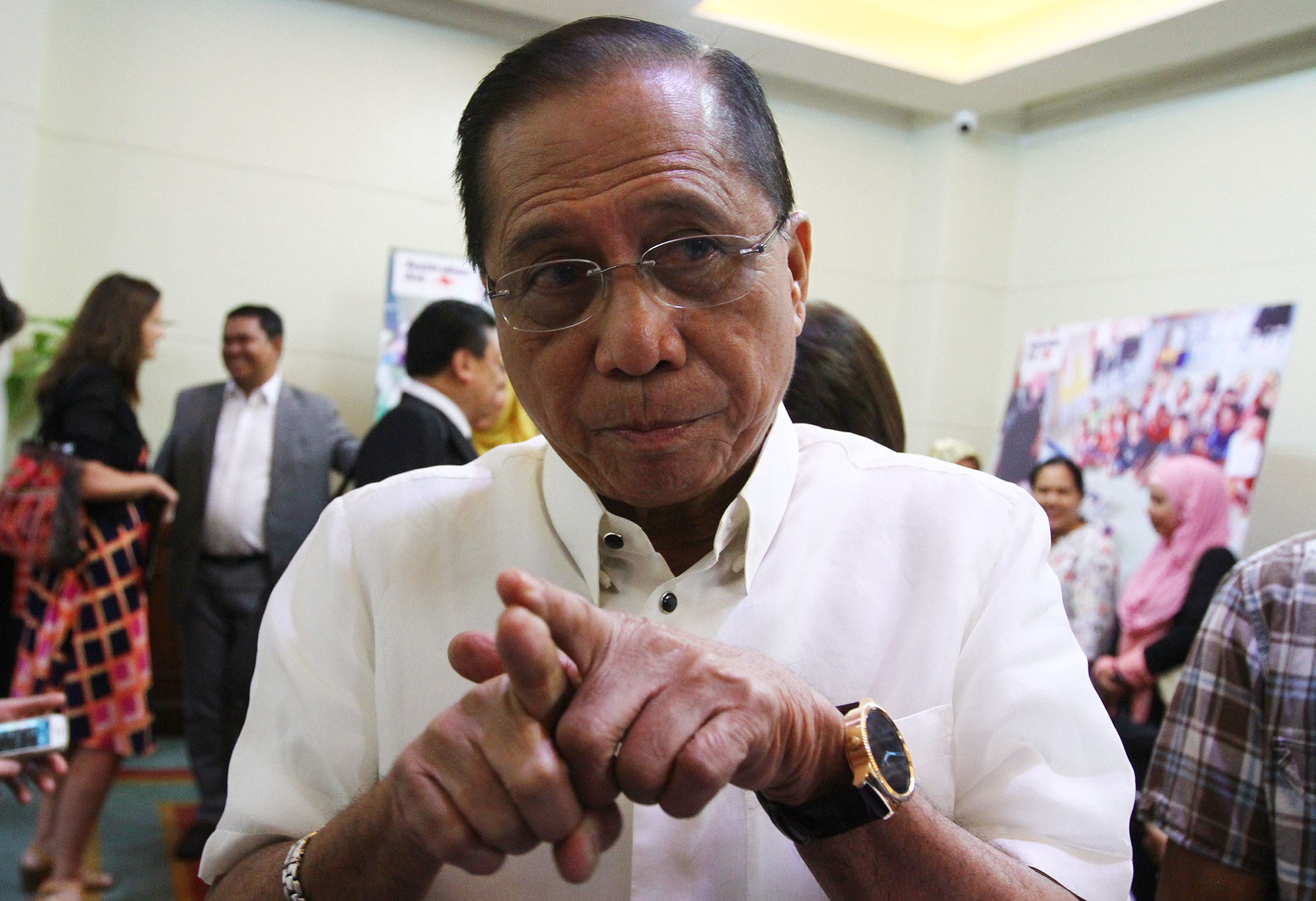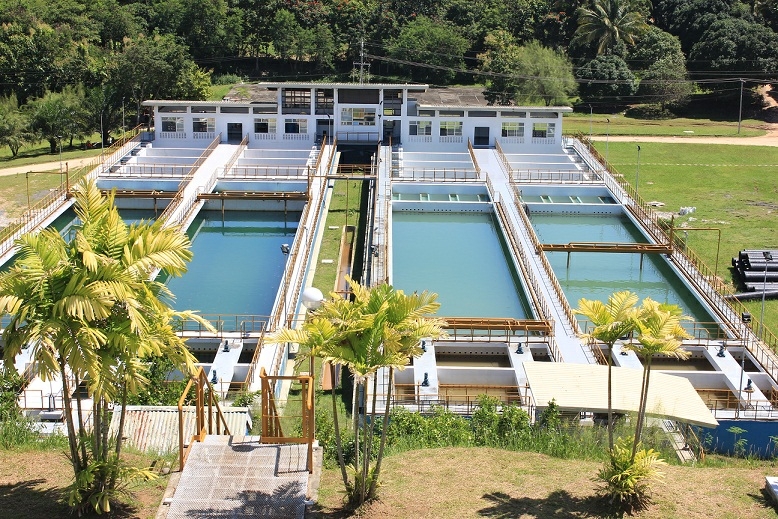A LEADER of the Iglesia Filipina Independiente (IFI) has expressed fears that the resignation of presidential adviser on the peace process Jesus Dureza would undermine all the previous efforts to sustain the peace negotiations between the government and communist rebels.
In a statement, IFI Bishop Felixberto Calang, main convener of the Sowing the Seeds of Peace, said they are saddened by Dureza’s exit as government’s chief peace adviser on Nov. 27.
“He (Dureza) was instrumental in leading the peace talks up to the [fifth] round,” Calang said, referring to the series of negotiations conducted by the government and the National Democratic Front in some parts of Europe in 2016 and early last year.
When President Duterte assumed office in 2016, resuming the talks was on his priority list, even ordering Dureza to set the table for negotiations a few weeks into his presidency.
But on Nov. 23, 2017, Duterte signed Proclamation No. 360, formally terminating the peace negotiations with the rebels, citing the continued fighting and the attacks made by the New People’s Army, the armed wing of the NDFP, against the security forces.
Dureza, Calang said, “thought out of the box to hurdle the snags and pushed both formal and informal processes with urgency.”
With Dureza gone as the government’s chief peace adviser, Calang said they are worried that the negotiations might take a wrong turn and destroy everything that both sides of the negotiating table, as well as the third-party facilitators and other entities involved in the peace process, have built over the years.
“We also find that [Dureza] as a civilian voice in the peace talks was gradually marginalized by the increasing militarism from outside the panel. The shadow peace panel of the security sector has been looming large over the negotiations,” he noted.
“We fear that replacing Secretary Dureza with someone from the security sector will throw out the essence of the peace negotiations. It will transform the peace talks into a sounding board for surrender rather than a process of dialogue to commonly address the roots of the armed conflict,” he said.
The prelate added that the peace talks might become a “mere play in the ‘game of the generals.’”
Calang said they are apprehensive that the collateral damage of the resignation is the sound, rational, and people-center perspective.
“Even as the [government of the Republic of the Philippines] principal, President Duterte, was closing the doors on the talks, Secretary Dureza prodded for the sustaining of the talks,” he said.
The motive for the President’s acceptance of Dureza’s resignation and his consequent replacement, Calang said, must have been greater than Duterte and Dureza’s close personal relationship, which is important in a negotiation, where the peace adviser is virtually the alter ego of the principal.
In a statement, Dureza said he decided to step down for his failure to address the alleged corruption involving two of his subordinates in the Office of the Presidential Adviser on the Peace Process (Opapp), which he headed, on the implementation of the “Payapa at Masaganang Pamayanan” (Pamana).
Pamana is the national government’s peace and development framework designed to respond and strengthen peace-building, reconstruction, and development in conflict-affected areas. Opapp oversees the implementation of this program. (pna)
Disclaimer
Mindanao Gold Star Daily holds the copyrights of all articles and photos in perpetuity. Any unauthorized reproduction in any platform, electronic and hardcopy, shall be liable for copyright infringement under the Intellectual Property Rights Law of the Philippines.












